Health
-

Corporatization of healthcare gets too much of a bad rap, analyst says
Healthcare analyst says outside investment can boost innovation, growth, care, but profit needs to be aligned with patient outcomes
-

Smart patch reduces cravings for alcohol and drugs
First year of recovery is ‘immensely challenging,’ researchers note. New device could be a difference maker.

-

Reeling in a big scientific discovery
William Kaelin pursued Nobel-winning findings using a fisherman’s instinct
Part of the Profiles of Progress series -
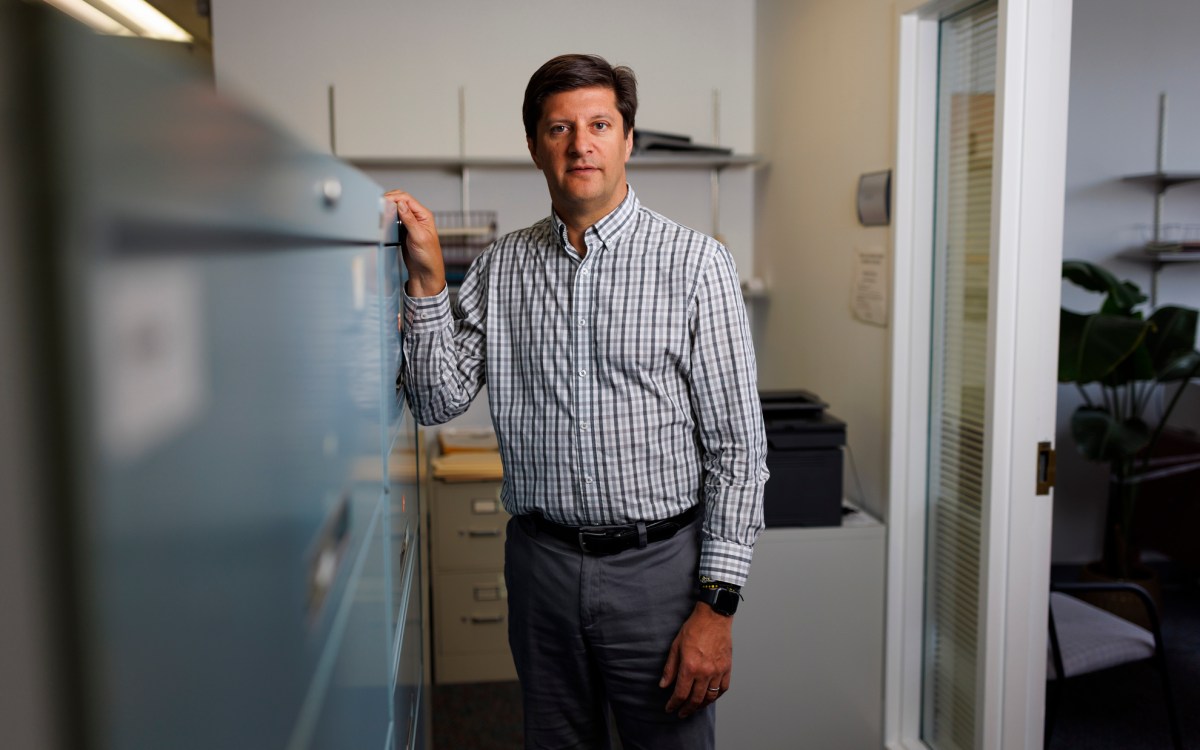
You want chocolate. You need flavanols.
Research strengthens evidence for role of inflammation in disease – especially as we age

-

Crossing line between good and bad anxiety
Psychologist offers 3 strategies to keep worry from interfering with everyday life
-
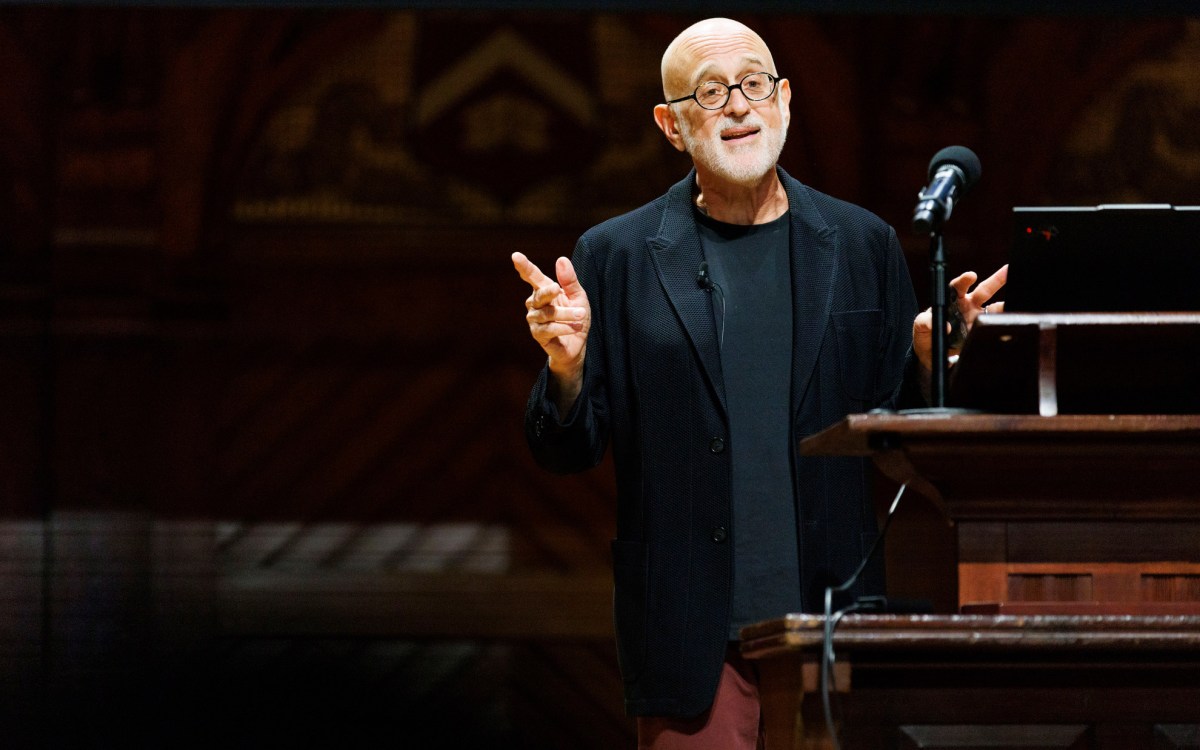
What science says about Mom’s happiness advice
Data, wisdom meet in social psychologist’s lecture
-
Seem like peanut allergies were once rare and now everyone has them?
Surgeon, professor Marty Makary examines damage wrought when medicine closes ranks around inaccurate dogma

-
3 million Americans have dental implants — but procedure wasn’t always ‘routine’
Surgeon recounts changes in field over 40-year career — from titanium screws to bone regeneration — as he accepts Goldhaber Award

-
Getting to the bottom of long COVID
A reservoir of virus in the body may explain why some people experience long COVID symptoms
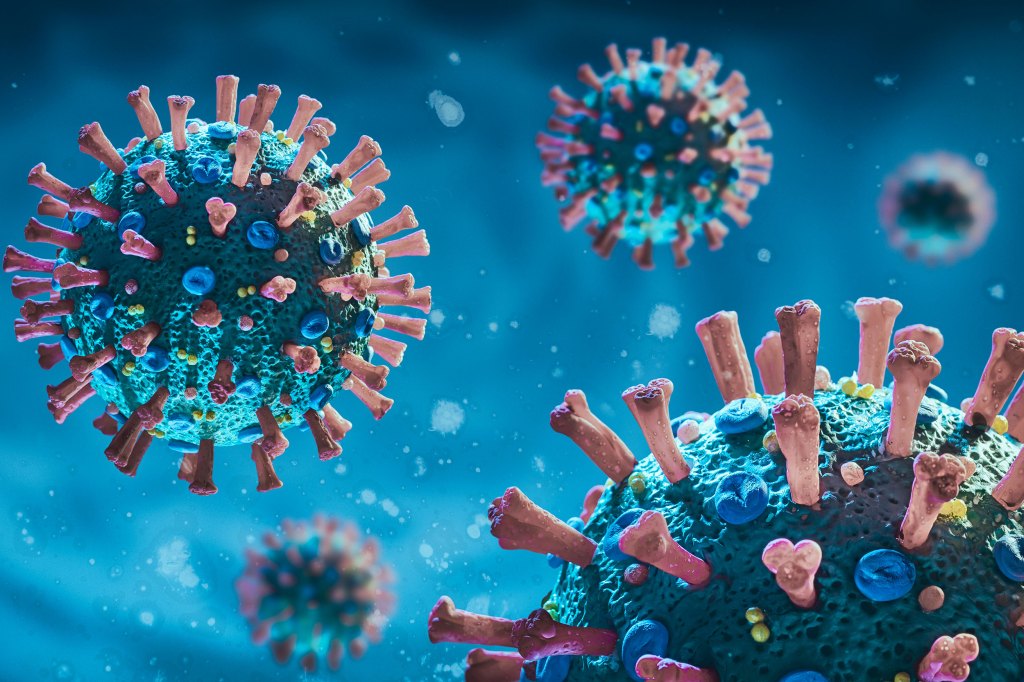
-
‘Heartbreaking’ encounter inspired long view on alcohol
One encounter changed everything for researcher who hopes to help mothers and families detect and treat the effects of dangerous drinking

-
Falls put older adults at increased risk of Alzheimer’s
Researchers found dementia more frequently diagnosed within one year of a fall, compared to other types of injuries
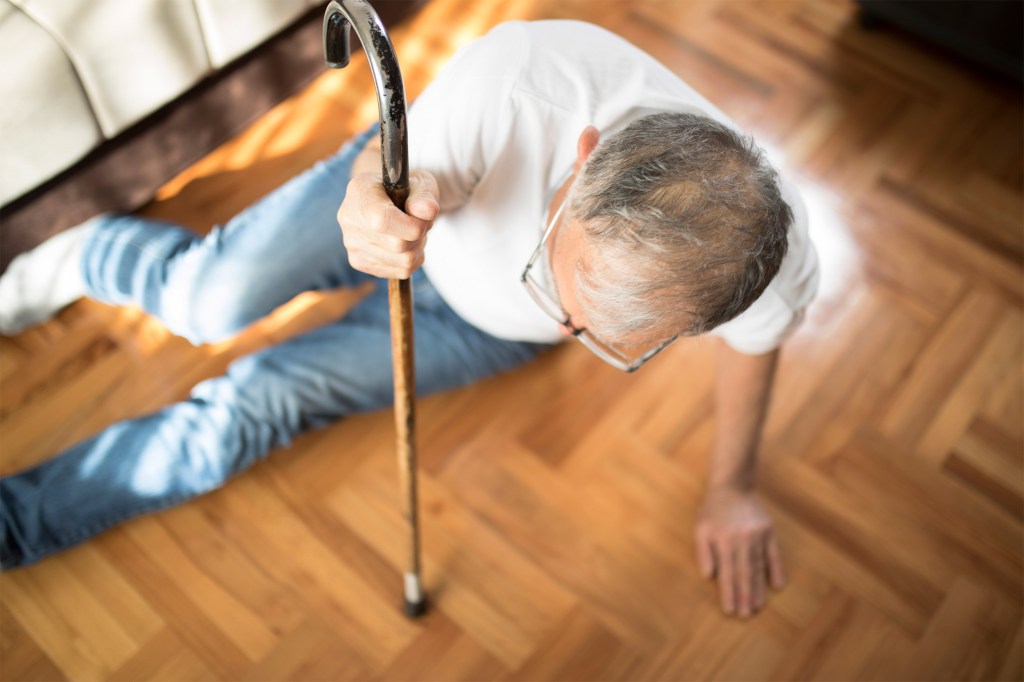
-
‘Weekend warriors’ can cut risk of 264 diseases
Concentrated routines just as effective as regular weekly exercise in protecting against heart, digestive conditions as well as neurological illnesses

-
Drug-free nasal spray blocks, neutralizes viruses, bacteria
In preclinical studies, spray offered nearly 100% protection from respiratory infections by COVID-19, influenza, viruses, and pneumonia-causing bacteria

-
Using AI to repurpose existing drugs for treatment of rare diseases
Identifies possible therapies for thousands of diseases, including ones with no current treatments

-
Suicide among female doctors gets a closer look
Epidemiologist discusses research, shrinking gap between rates of male, female physicians, what can be done

-
To assess a smoker’s lung cancer risk, think years — not packs
Far more cases get caught when screening guidelines consider duration of habit regardless of intensity, study finds — especially among Black patients

-
Eat this. Take that. Get skinny. Trust us.
Popularity of newest diet drugs fuel ‘dumpster fire’ of risky knock-offs, questionable supplements, food products, experts warn

-
High doses of Adderall may increase psychosis risk
Among those who take prescription amphetamines, 81% of cases of psychosis or mania could have been eliminated if they were not on the high dose, findings suggest

-
Breakthrough technique may help speed understanding, treatment of MD, ALS
3D organoid system can generate millions of adult skeletal-muscle stem cells

-
Soda is bad for you yet your body wants it. Why?
Psychiatrist explains why we crave junk food — and how to cultivate healthier eating habits

-
Parkinson’s may take a ‘gut-first’ path
Damage to upper GI lining linked to future risk of Parkinson’s disease, says new study
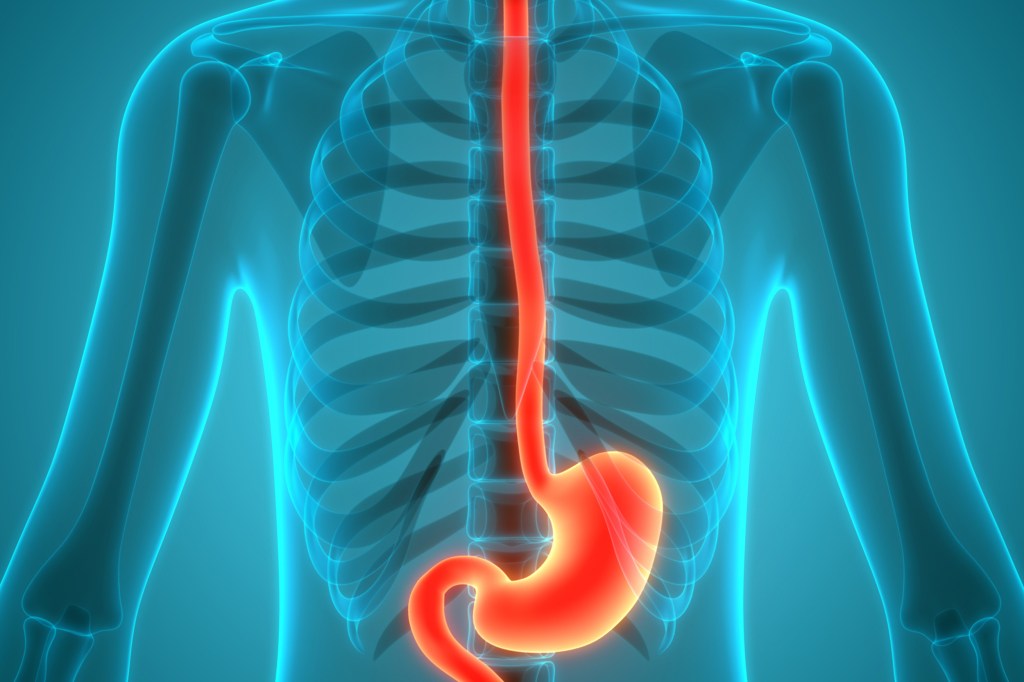
-
New AI tool can diagnose cancer, guide treatment, predict patient survival
Model uses features of a tumor’s microenvironment across 19 different cancer types

-
Blood test can warn women of risk decades before heart attack, stroke
Findings support universal screening of three biomarkers, not just cholesterol

-
Weight-loss drug linked to fewer COVID deaths
Large-scale study finds Wegovy reduces risk of heart attack, stroke

-
Billions worldwide deficient in essential micronutrients
Inadequate levels carry risk of adverse pregnancy outcomes, blindness

-
Smokers are less likely to develop Parkinson’s. Why?
Researchers test theory explaining medical mystery and identify potential new treatment

-
Alzheimer’s drug may save lives through ‘suspended animation’
Could buy patients more time to survive critical injuries and diseases, even when disaster strikes far from a hospital

-
Implantable device responds to opioid overdose
Without assistance, it allows for precise administration of naloxone at the moment it is needed

-
Study detects ‘hidden consciousness’ in brain injury patients
25% of participants with severe brain injury followed instructions covertly

-
Examining new weight-loss drugs, pediatric bariatric patients
Researcher says study found variation in practices, discusses safety concerns overall for younger users

-
Shingles may increase risk of cognitive decline
Availability of vaccine offers opportunity to reduce burden of shingles and possible dementia

-
Loving your pup may be a many splendored thing
New research suggests having connection to your dog may lower depression, anxiety

-
Aspirin may help cut colorectal cancer risk
New research suggests those with less healthy lifestyles may get highest benefit from regular use

-
Faster ‘in a dish’ model may speed up treatment for Parkinson’s
Could result in personalized models to test diagnostic and treatment strategies

-
Fixing key flaw in revolutionary cancer treatment
Researchers devise way to boost CAR T-cell therapy to potentially ensure it doesn’t fade prematurely
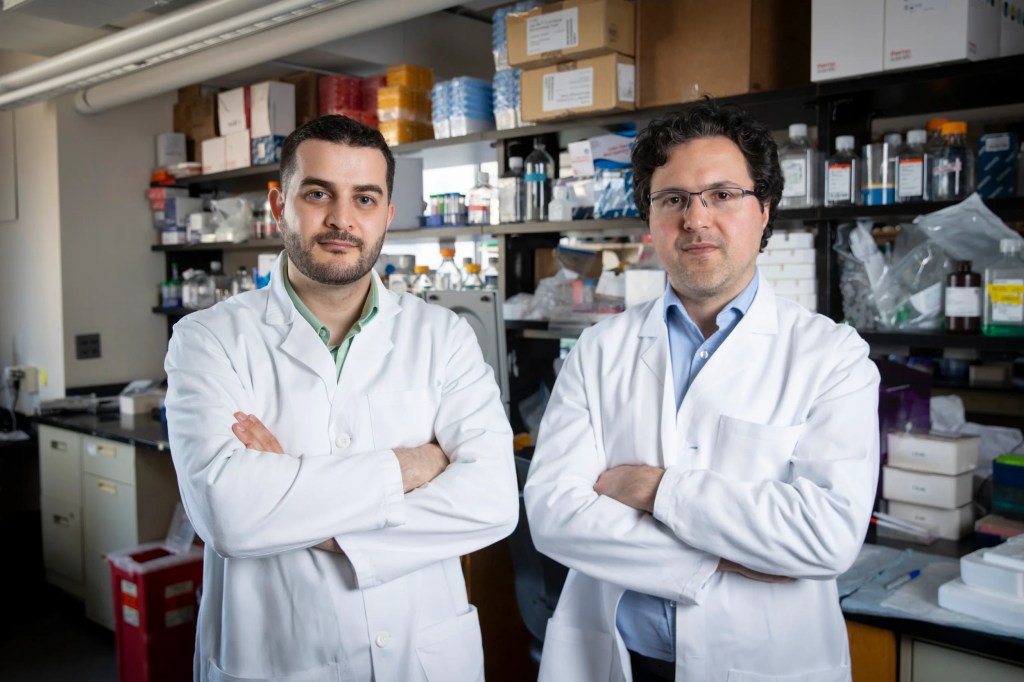
-
If it feels too hot to run, maybe it is
Experts who have seen health consequences close-up offer guidelines for summer athletes



